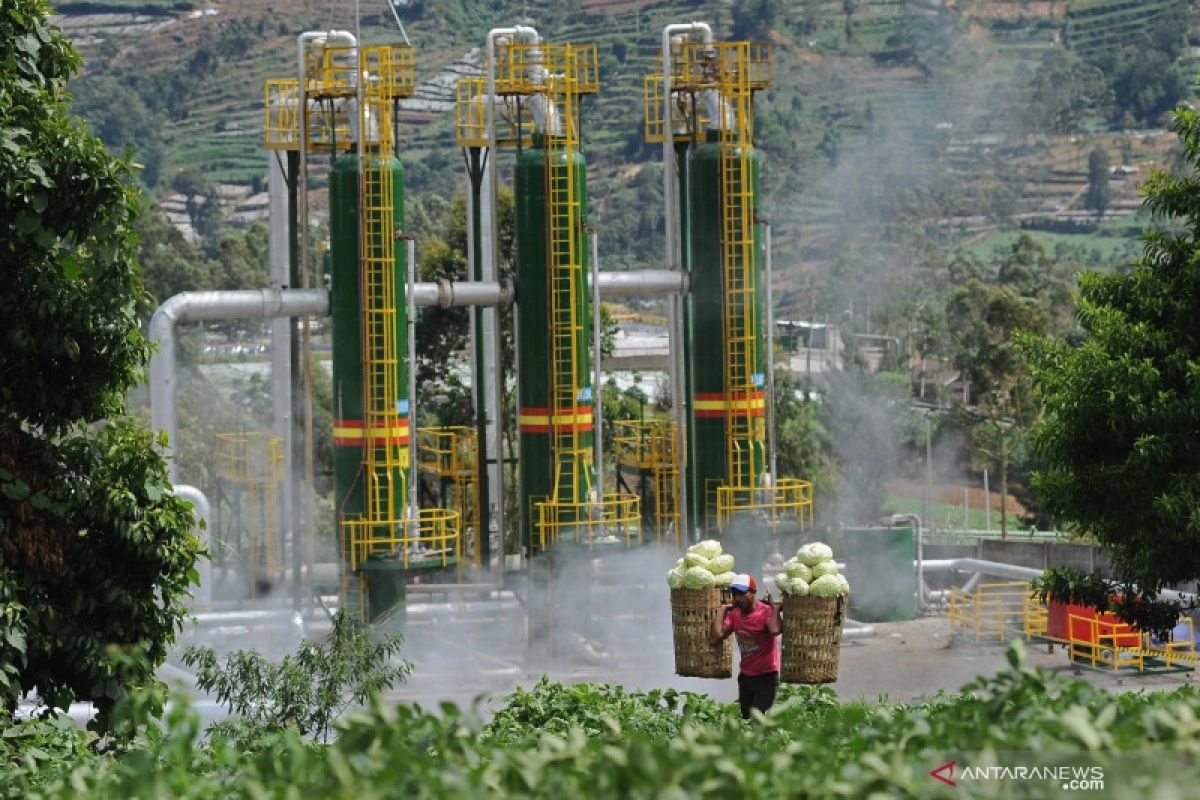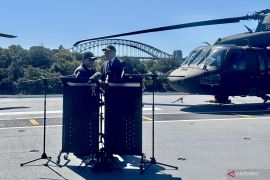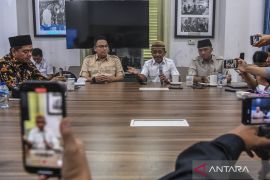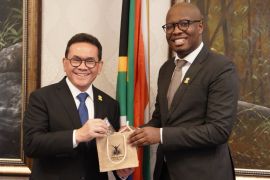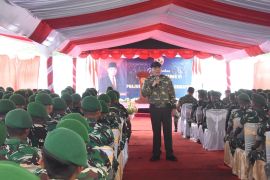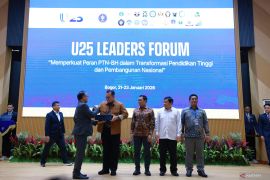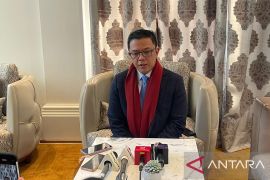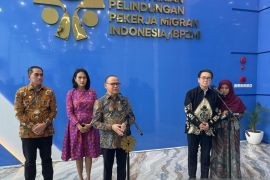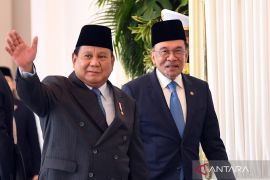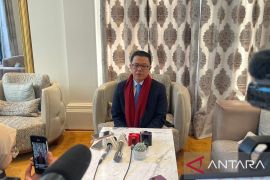"Currently, the ESDM Ministry has formulated the Grand National Energy Strategy to achieve ideal targets in terms of energy security, energy mix, emission reduction, and economic impact," Syahrial noted during the meeting quoted on Thursday.
Some of the key policies in this strategy encompass accelerating the development of renewable energy, increasing gas production, improving the electricity grid infrastructure, and increasing the use of battery electric vehicles.
Syahrial revealed that all global policies were veering towards energy transition and carbon neutrality.
Currently, the Indonesian government is planning a long-term strategy on energy supply and demand to achieve carbon neutrality by 2060 or sooner with international assistance.
The target can be pursued through several strategies, with the first being massive development of renewable energy that includes all renewable energy power plants, nuclear, hydrogen, and battery energy storage systems.
The second strategy entails reducing the use of fossil energy through the gradual cessation of coal-fired power generation and combined cycle power generation.
The Indonesian government guarantees there will be no additional coal-fired power plants unless they already have a power purchase agreement or are in the construction stage, among others, through the deployment of carbon capture technology for oil and gas and power generation, and the conversion of diesel power plants into new and renewable energy power plants.
"The last one is through the development of transmission interconnections and smart grids in big islands," Ego remarked.
Meanwhile, the US government, through its embassy in Jakarta, stated that this bilateral cooperation is an important task for the two countries, as it can facilitate exchange of ideas and increase momentum and speed along with the COP26 climate change conference in Glasgow, England, in November 2021.
"Collective ambitions, such as climate change, are important. Let us continue to progress. This is not a bilateral and political issue alone, not for us, but for our children and our planet," Deputy United States Ambassador to Indonesia Michael Kleine stated.
The bilateral meeting between the two countries is taking place in two consecutive sessions. First, it discusses the energy sector and the integration of renewable energy as well as low-carbon technologies.
The second session will focus on fossil energy, the mining sector to support the energy transition, and investment in the transitional energy sector.
The dialogue is held every two years alternately in Indonesia and the United States. However, this sixth meeting will be held virtually on September 1-2, 2021.
Related news: Oil, gas sector has strategic role in energy transition: minister
Related news: 2022 PMN of Rp5 trillion to drive energy independence: PLN
Related news: Energy Ministry lists challenges to EV adoption in Indonesia
Translator: Sugiharto P, Resinta S
Editor: Sri Haryati
Copyright © ANTARA 2021
